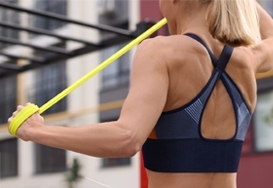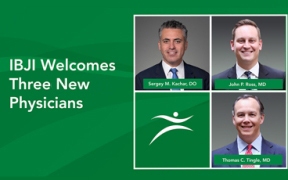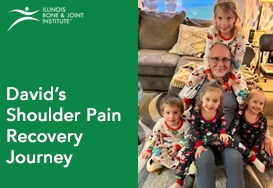
Rising temperatures and humidity in the Chicagoland area can make it feel like it’s above 100 degrees this summer. With the summer days heating up, it’s important to keep an eye on your hydration and know when to take a break from the heat.
Heat exhaustion can develop within a few hours of being outside. The best way to beat the heat is to stay hydrated. With the high temperatures and humidity, your body will be sweating and getting rid of the water, so you will need to replace this by drinking more water.
Beat the heat with these tips:
- Drink water instead of sugar-sweetened beverages.
- Wear light-colored clothing.
- Wear sunscreen to block out the rays that will add to your body overheating. Sunburn causes the body temperature to rise.
- Limit time outdoors, go into an air conditioned room or room with fans to cool off.
- Avoid drinking caffeine and alcohol because they increase fluid loss.
- Cool baths and showers can also help you stay cool.
If you don’t take care of yourself while outside, you can develop heat exhaustion, which can lead to heat stroke. Signs of heat exhaustion can include excessive thirst, nausea, vomiting, dizziness and the start of a headache. You may feel fatigued, cold and clammy, even though you’re still hot and sweating. The best thing to do if you’re feeling these symptoms is to rehydrate and move to a cooler area before it progresses to heat stroke. Heat stroke occurs when your body rises to 104 degrees Fahrenheit (40 degrees Celsius) or more.
When experiencing heat stroke, your body is unable to control its temperature. People with heat stroke become confused, have hot or flushed skin, but won’t sweat anymore; and in severe cases, you can develop a seizure and a rapid pulse.
Whether you’re an athlete playing summer sports, a parent supervising children playing outdoors, a festival-goer, or just spending the day outside, take the necessary steps to stay hydrated and reduce your risk of heat exhaustion and heat stroke.
If you suspect heat exhaustion or heat stroke, dial 9-1-1 or go to the nearest emergency room. Please talk with your doctor before making any significant change to your daily routine, such as diet or exercise.
Kelsey Koziel is a Marketing Communications and Public Relations Specialist at Illinois Bone & Joint Institute.




